Afrobeat Evolution
Afrobeat Evolution: The Pulse of Africa
Introduction
Afrobeat is more than just a genre; it's the heartbeat of a continent, a vibrant tapestry woven from the rich cultural threads of Africa. It's a sound that resonates with the soul, a movement that transcends borders, and a testament to the resilience and creativity of African people. From its rebellious roots to its current global acclaim, Afrobeat has become a universal language of joy, resistance, and unity.
The Origins of Afrobeat
Fela Kuti: The Pioneer
The story of Afrobeat begins with Fela Kuti, the Nigerian musical genius whose revolutionary spirit and fearless creativity birthed this electrifying genre. In the late 1960s, Fela merged the traditional sounds of Yoruba music with the vibrant energy of highlife and the improvisational nature of jazz, creating something entirely new and profoundly powerful.
The Influence of Highlife and Jazz
Highlife laid the groundwork for Afrobeat with its upbeat tempo and infectious rhythms. Combined with jazz's complex arrangements and improvisational freedom, it provided Fela with the perfect canvas to paint his musical masterpieces. This fusion of African and Western sounds created a genre that was both deeply rooted in tradition and boldly innovative.
Fela Kuti's Impact
Political Activism Through Music
Fela Kuti was not just a musician; he was a voice for the voiceless, a fearless activist who used his music as a weapon against oppression and corruption. His lyrics, often controversial and politically charged, spoke truth to power and inspired a generation to rise against injustice. Through his powerful anthems, Fela became a symbol of resistance and hope.
The Birth of a Movement
Afrobeat was more than just Fela's creation; it was a movement that galvanized people across Africa and beyond. His legendary performances, marked by hypnotic rhythms and electrifying energy, drew thousands of fans and ignited a cultural revolution. Afrobeat became the soundtrack of change, echoing the struggles and aspirations of a continent.
The Sound of Afrobeat
Rhythms and Instruments
At the core of Afrobeat is its pulsating rhythm, driven by the complex interplay of drums, percussion, and bass. Traditional African instruments like the shekere and talking drum blend seamlessly with Western elements such as saxophones and electric guitars, creating a sound that is both ancient and modern, familiar yet new.
Lyrics and Themes
Afrobeat's lyrics are a powerful vehicle for storytelling and social commentary. They address a wide range of themes, from political corruption and social injustice to love and celebration. The music's message is clear: it is a call to action, a plea for unity, and a celebration of African identity.
Afrobeat in the 1980s and 1990s
The Struggle for Recognition
Despite its growing popularity, Afrobeat faced significant challenges in the 1980s and 1990s. Political turmoil, censorship, and economic hardship in Nigeria made it difficult for artists to thrive. Yet, the resilience of Afrobeat's pioneers ensured that the genre continued to evolve and inspire.
Influential Artists of the Era
During this period, artists like Tony Allen, Fela's long-time collaborator, and other members of Africa 70, played a crucial role in keeping the Afrobeat flame alive. Their contributions helped to preserve and expand the genre, influencing a new generation of musicians.
Afrobeat and the African Diaspora
Spreading the Sound Worldwide
As African communities spread across the globe, so did Afrobeat. The genre found new audiences in Europe, the Americas, and beyond, resonating with people from diverse backgrounds. This global reach helped Afrobeat to evolve, incorporating new influences while staying true to its roots.
Fusion with Other Genres
In the diaspora, Afrobeat began to blend with other musical styles such as reggae, hip-hop, and electronic music. This fusion created exciting new sounds and expanded Afrobeat's appeal, making it a versatile and dynamic genre that continues to push boundaries.
Modern Afrobeat Icons
Burna Boy: The African Giant
With his charismatic presence and powerful voice, Burna Boy has become one of the leading figures in modern Afrobeat. His music, which blends traditional Afrobeat with contemporary influences, has earned him international acclaim and a dedicated global fanbase. Songs like "Ye" and "Anybody" capture the spirit of Afrobeat while addressing contemporary issues.
Wizkid: Starboy of Africa
Wizkid's meteoric rise to fame is a testament to Afrobeat's global appeal. With hits like "Ojuelegba" and "Come Closer," Wizkid has brought Afrobeat to mainstream audiences around the world. His collaborations with international artists have further cemented his status as a global star and ambassador of Afrobeat.
Tiwa Savage: Queen of Afrobeat
Tiwa Savage's powerful vocals and dynamic performances have made her a leading force in the Afrobeat scene. Her music, which combines Afrobeat with elements of R&B and pop, has garnered her numerous awards and accolades. Songs like "All Over" and "49-99" showcase her versatility and deep connection to Afrobeat's roots.
Afrobeat's Influence on Global Music
Collaborations with International Artists
Afrobeat's infectious rhythms and universal themes have attracted collaborations with artists from various genres. From Beyoncé's "The Lion King: The Gift" album, which featured several Afrobeat artists, to Drake's collaborations with Wizkid, these partnerships have brought Afrobeat to new audiences and created a rich tapestry of sound.
Chart-topping Hits
Afrobeat has produced numerous chart-topping hits that have dominated airwaves and streaming platforms worldwide. Songs like "On the Low" by Burna Boy and "Essence" by Wizkid have become anthems, showcasing Afrobeat's ability to captivate and move listeners everywhere.
The Afrobeat Aesthetic
Fashion and Style
Afrobeat is not just about music; it's a cultural phenomenon that influences fashion and style. The vibrant, colourful attire often seen in Afrobeat music videos and performances reflects the genre's exuberant spirit. Designers and fashion enthusiasts draw inspiration from Afrobeat, creating trends that celebrate African heritage and creativity.
Dance and Choreography
Afrobeat's infectious rhythms are made to be danced to. The genre has spawned a variety of dance styles that are as energetic and expressive as the music itself. From the iconic Azonto to the contemporary Shaku Shaku, Afrobeat dance moves have become a global sensation, bringing people together through movement and joy.
Afrobeat in the Digital Age
Social Media and Streaming
The digital age has revolutionized Afrobeat, making it more accessible than ever. Social media platforms and streaming services have allowed Afrobeat artists to reach global audiences instantly. Viral challenges and dance trends on platforms like TikTok have further propelled Afrobeat into the mainstream, making it a ubiquitous presence in popular culture.
Virtual Concerts and Performances
In recent years, virtual concerts and performances have become a vital part of the Afrobeat experience. These online events bring the energy and excitement of live Afrobeat performances to fans around the world, breaking down geographical barriers and creating a shared sense of community.
Challenges and Controversies
Political and Social Issues
Afrobeat artists often tackle difficult political and social issues in their music, which can lead to controversy and backlash. Their willingness to address topics such as corruption, inequality, and human rights violations is a testament to the genre's enduring commitment to social justice and change.
Navigating the Music Industry
The music industry presents its own set of challenges for Afrobeat artists, from navigating contracts and royalties to maintaining creative control. Despite these obstacles, Afrobeat musicians continue to thrive, driven by their passion and the support of their dedicated fans.
The Future of Afrobeat
Emerging Talents
The future of Afrobeat is bright, with a new wave of talented artists poised to take the genre to even greater heights. Musicians like Rema, Fireboy DML, and Tems are pushing the boundaries of Afrobeat, infusing it with fresh sounds and perspectives while staying true to its roots.
Predictions for the Genre
As Afrobeat continues to evolve, it will undoubtedly keep influencing and inspiring artists worldwide. The genre's ability to adapt and incorporate new influences ensures that it will remain relevant and exciting for years to come. The future of Afrobeat is one of endless possibilities, driven by the creativity and resilience of African artists.
Celebrating Afrobeat Festivals
Notable Festivals Around the World
Afrobeat festivals are a vibrant celebration of music, culture, and community. Events like Felabration in Nigeria and Afro Nation in Portugal attract thousands of fans, offering a unique opportunity to experience the magic of Afrobeat live. These festivals are not just concerts; they are cultural gatherings that showcase the best of African music and heritage.
The Experience of Live Afrobeat
There is nothing quite like experiencing Afrobeat life. The energy, the rhythm, and the sense of unity among the audience create an unforgettable atmosphere. Whether in a small club or a massive festival, Afrobeat performances are a celebration of life, culture, and the unbreakable spirit of Africa.
Afrobeat and Cultural Identity
Empowerment and Unity
Afrobeat is a powerful tool for empowerment and unity. Its messages of resistance and resilience resonate with people from all walks of life, inspiring them to stand up for their rights and embrace their identity. Through Afrobeat, Africans and the diaspora find a shared sense of pride and belonging.
Preserving African Heritage
Afrobeat plays a crucial role in preserving and promoting African heritage. By blending traditional sounds with contemporary elements, Afrobeat artists keep the rich cultural traditions of Africa alive while introducing them to new audiences. This preservation of heritage ensures that future generations can continue to connect with their roots.
Conclusion
Afrobeat is more than music; it is the pulse of Africa, a dynamic expression of the continent's history, struggles, and triumphs. From its revolutionary origins with Fela Kuti to its current global acclaim, Afrobeat has evolved into a genre that transcends borders and unites people through its powerful rhythms and messages. As we celebrate the evolution of Afrobeat, we honour the unbreakable spirit and boundless creativity of Africa.
FAQs
What makes Afrobeat unique?
Afrobeat is unique for its fusion of traditional African rhythms with Western musical elements like jazz and funk, creating a sound that is both deeply rooted in African culture and innovative.
Who are the pioneers of Afrobeat?
Fela Kuti is widely regarded as the pioneer of Afrobeat, with significant contributions from Tony Allen, his long-time collaborator and drummer.
How has Afrobeat evolved over the years?
Afrobeat has evolved by incorporating new influences and blending with other genres, expanding its reach globally and adapting to contemporary sounds while staying true to its roots.
What are some popular Afrobeat songs today?
Popular Afrobeat songs today include "Ye" by Burna Boy, "Essence" by Wizkid, and "49-99" by Tiwa Savage.
How can I experience Afrobeat music live?
You can experience Afrobeat music live by attending festivals like Felabration and Afro Nation or catching performances by Afrobeat artists at concerts and virtual events.
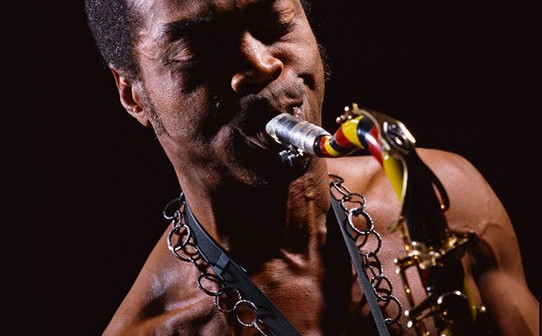
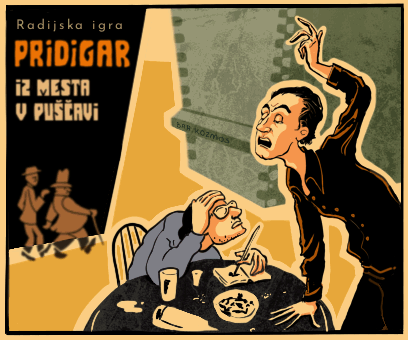
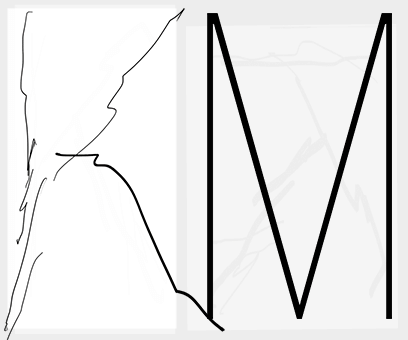

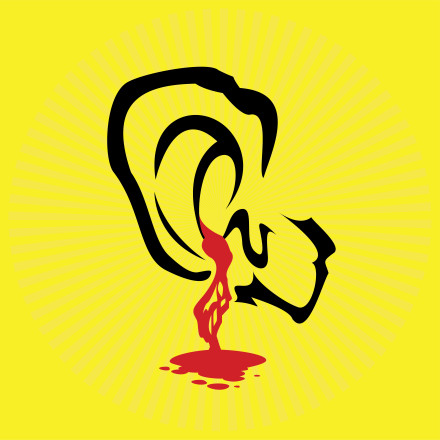
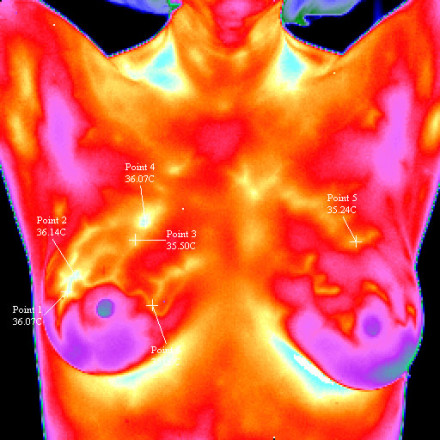
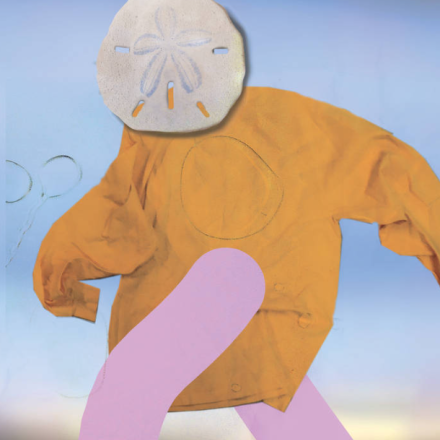

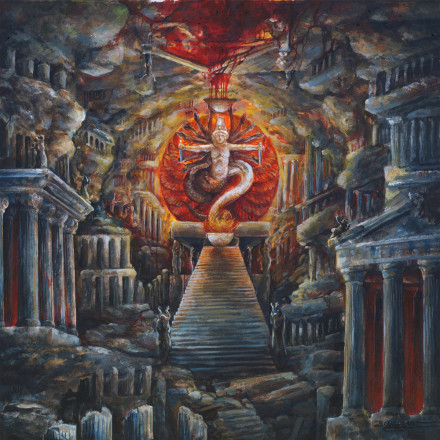
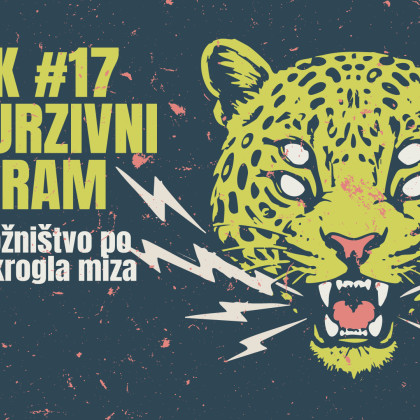
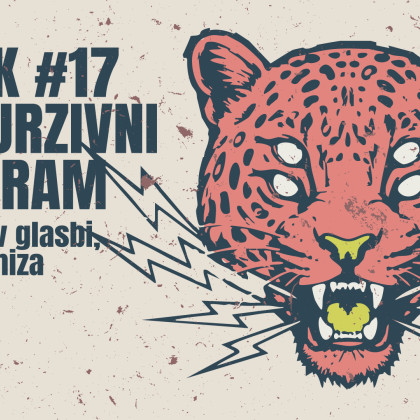
Dodaj komentar
Komentiraj